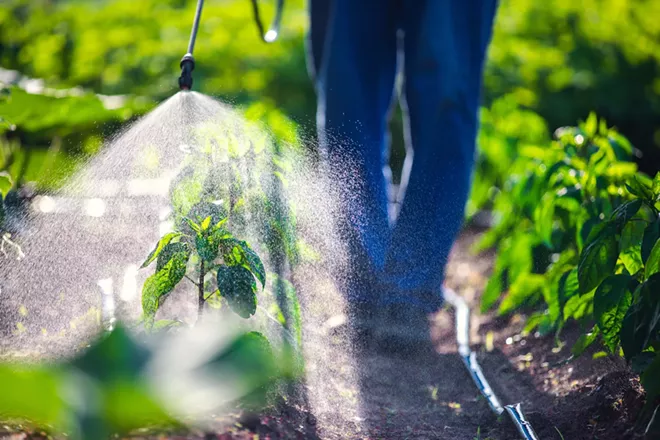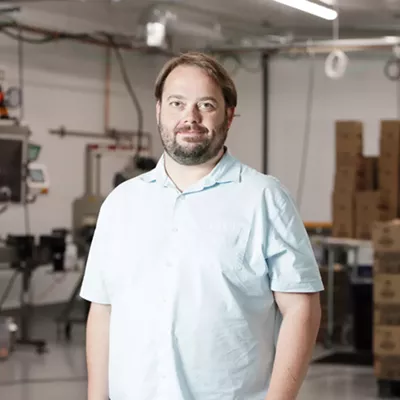This April, the Washington state Liquor and Cannabis Board effectively shut down numerous cannabis producers in north-central Washington after test results showed unhealthy levels of the chemical DDE in their products. Earlier this month, the LCB ended that hold placed on those growers, allowing them to return to producing cannabis.
DDE is a chemical that does not occur naturally, but rather shows up in the environment as a by-product of the long-banned pesticide DDT. The Centers for Disease Control says DDE has no commercial use and DDT, its precursor chemical, has been banned in the U.S. since 1972.
The growers in the Okanagan area who were impacted by this action from the LCB were not specifically applying either chemical to their crops, but rather growing in areas where DDE already existed.
State law sets the limit for DDE at 0.1 parts per million. Of 108 products tested from the 18 producers in the Okanagan area flagged by the LCB, 61 tested above the state's legal limit. Five of the 18 producers in that region were also shown to be above that limit.
According to reporting by the Associated Press, many of the cannabis products that tested above the state's limit for DDE were still below the federal government's limit for DDE concentration in tobacco, another agricultural product often consumed by smoking.
That may not provide comfort to consumers, however, as it highlights the residual nature of pesticides in the environment. Clearly, pesticide-free products can be contaminated with long-lasting by-products of previous pesticide use on the land from which they are produced.
Since releasing its findings in April, the LCB, along with the Washington State Department of Agriculture and Washington State Department of Ecology, have worked with the affected growers on solutions to bring the concentrations of DDE in their growing areas below the legal limit.
As of early July, the LCB is confident enough in those remediation efforts to remove the hold on products grown or produced in the affected area. As a result, the products will once again be available on store shelves going forward.
According to the AP, the state is working with growers to continue remediation efforts in the affected area and also statewide, in order to avoid any similar issues in the future. ♦




















